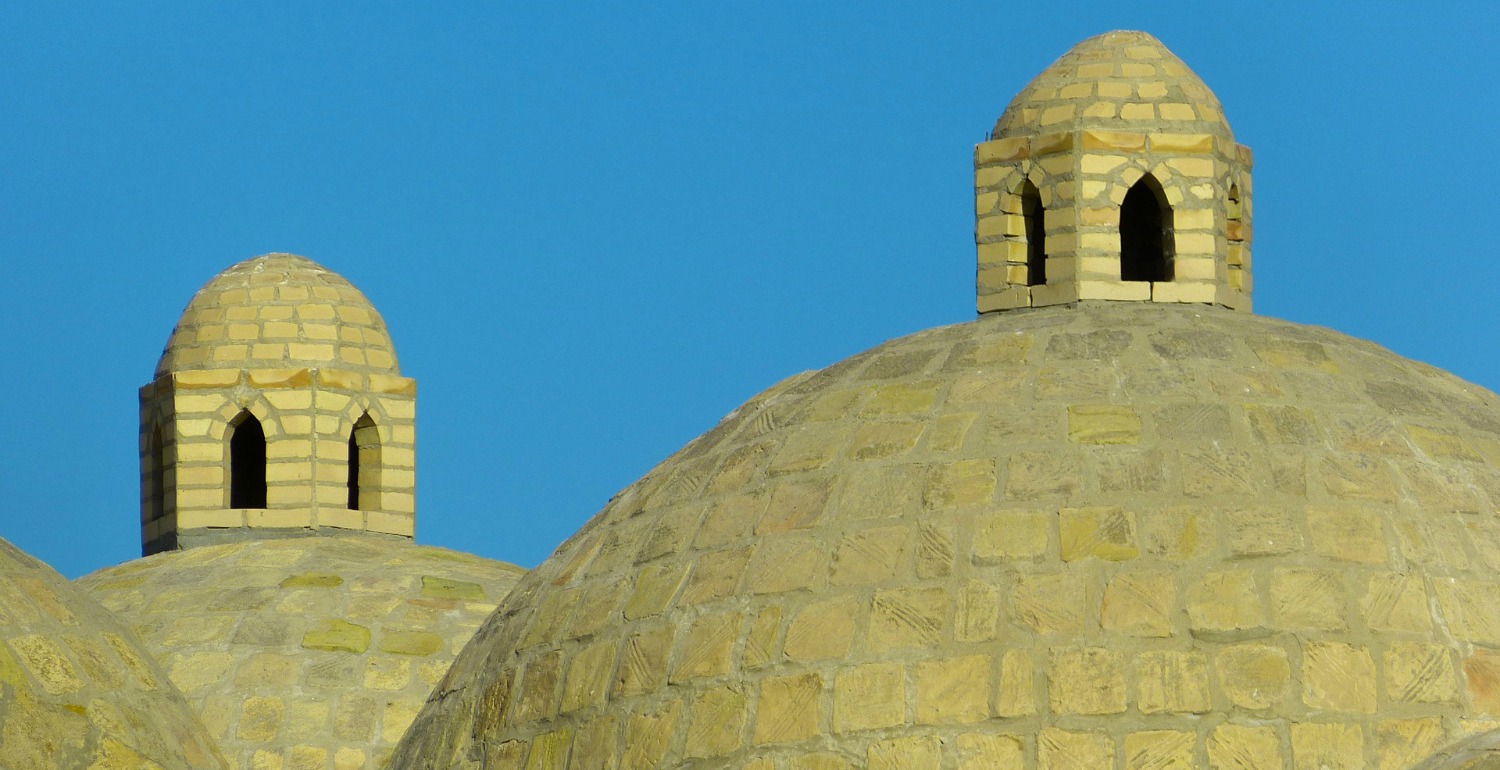This briefing examined the human rights situation and state of civil society in Uzbekistan three years after Andijan, when hundreds of demonstrators were killed by Uzbek security force, and in the subsequent crackdown, restrictions were imposed to further stifle dissent. While the human rights situation remains dire, the Government of Uzbekistan continues to pursue engagement with the EU and U.S., positioning itself as a key strategic ally in regional energy and security concerns.
Panelists testifying at the briefing explored prospects for democratization in Uzbekistan and the possibilities of improving U.S.-Uzbek relations. Additionally, they discussed the need for reforms in cotton production, Uzbekistan’s largest source of income.




